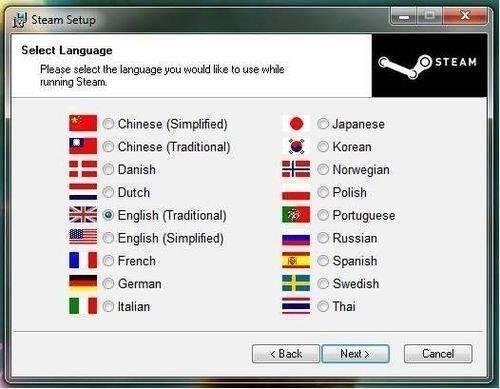SM
The avuncular one
what the hell does this paragraph mean?
Any ideas?
A goalkeeper is considered to be in control of the ball when:
• the ball is between the hands or between the hand and any surface (e.g. ground, own body) or by touching it with any part of the hands or arms except if the ball rebounds accidentally from the goalkeeper or the goalkeeper has made a save
• holding the ball in the outstretched open hand • bouncing it on the ground or throwing it in the air
Any ideas?






